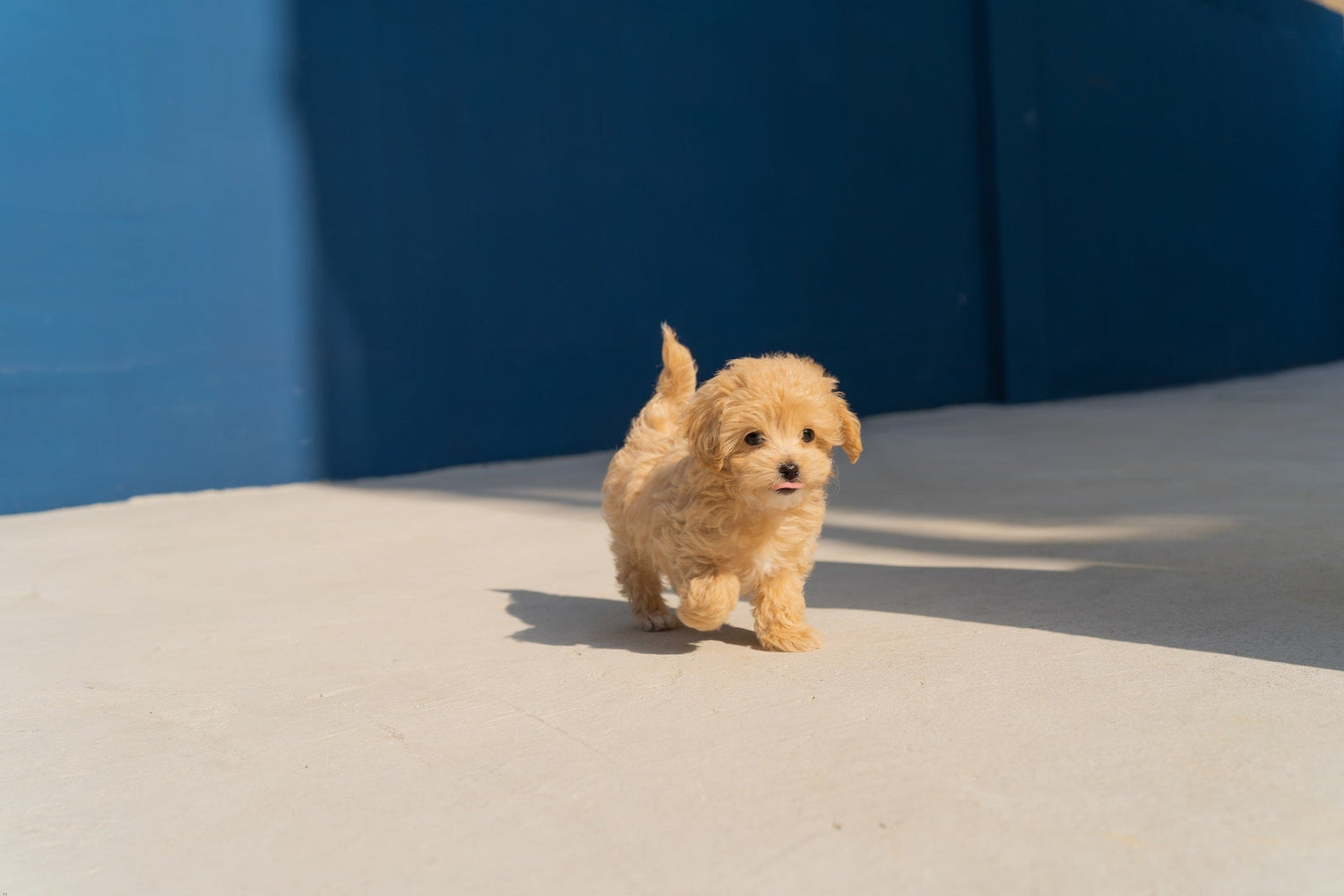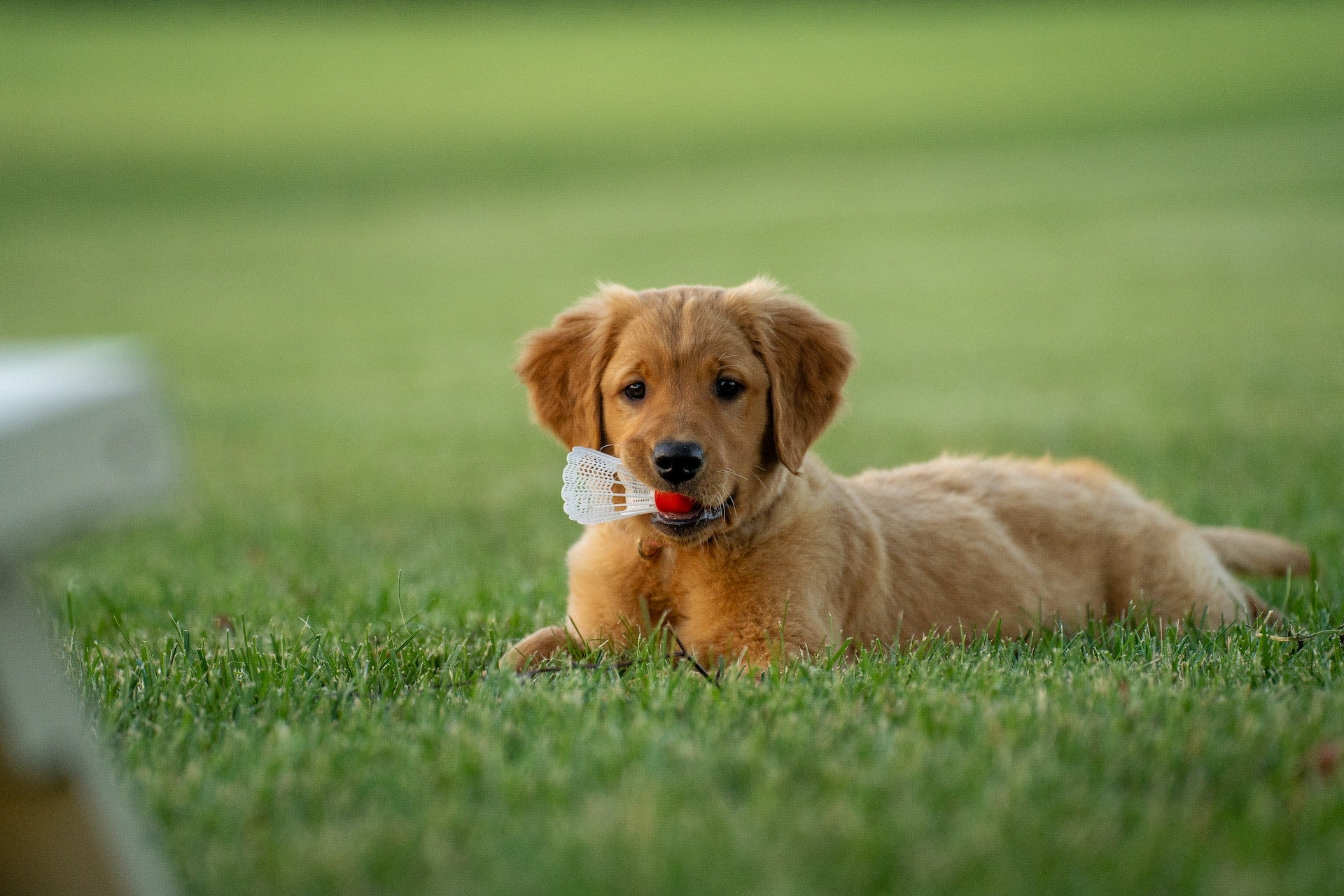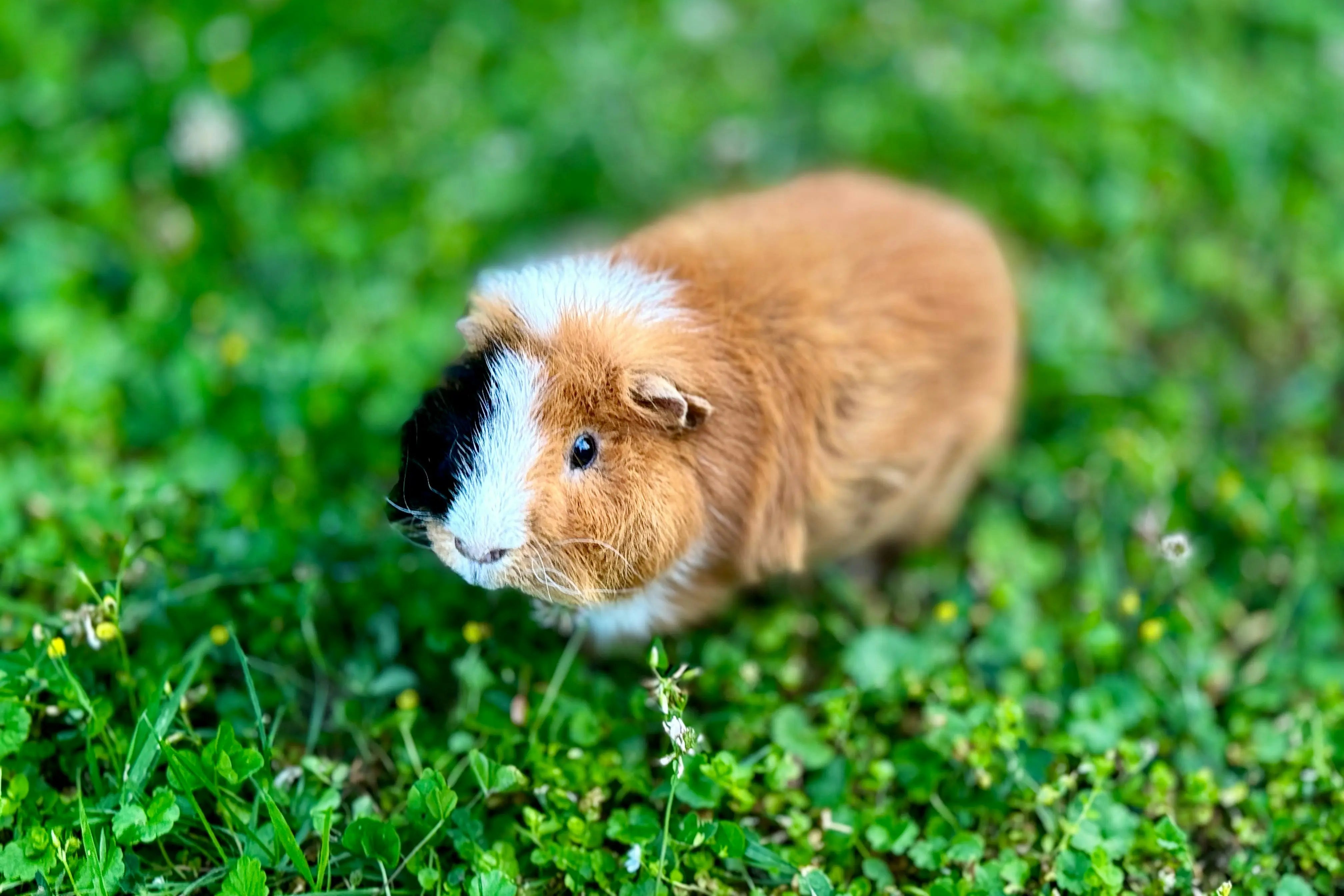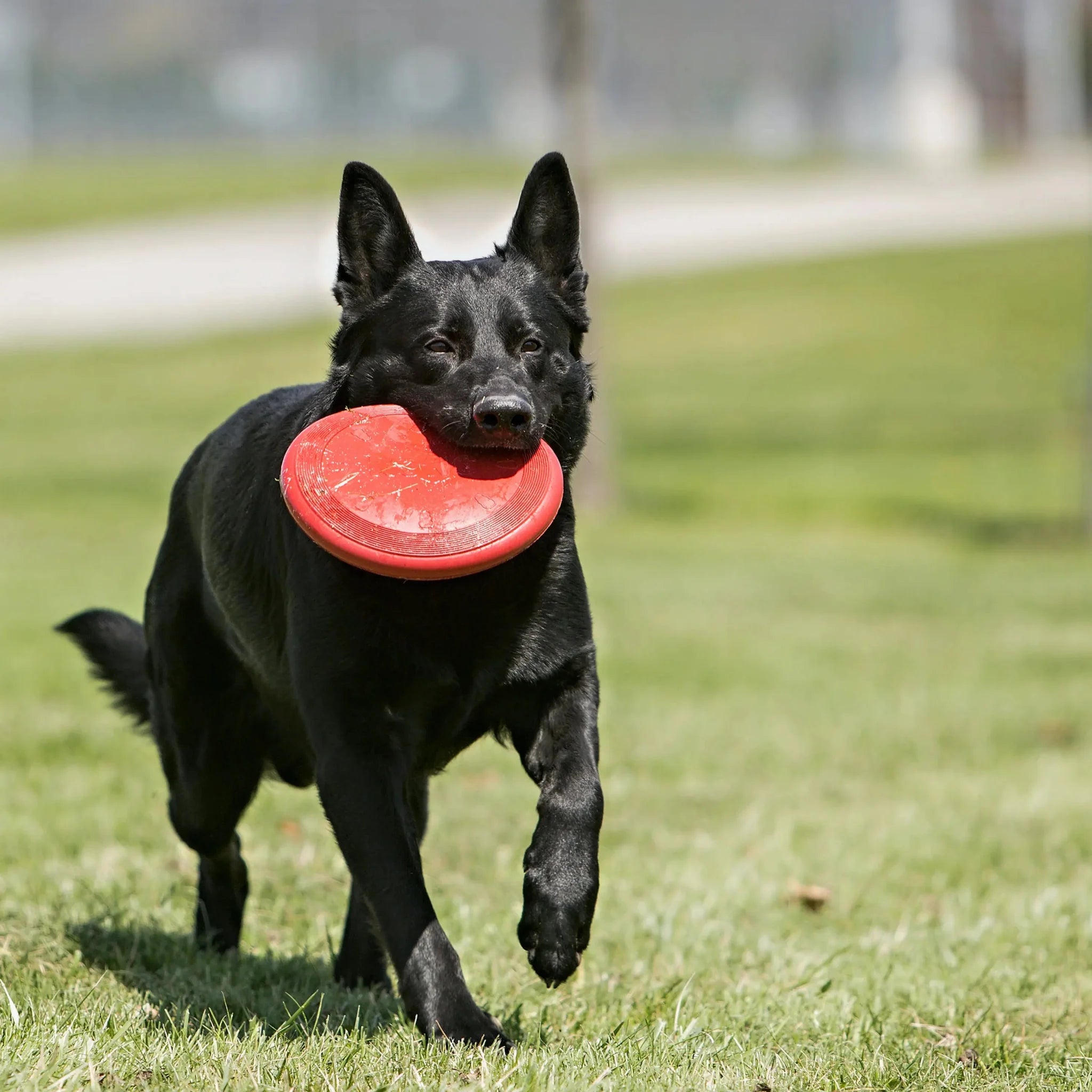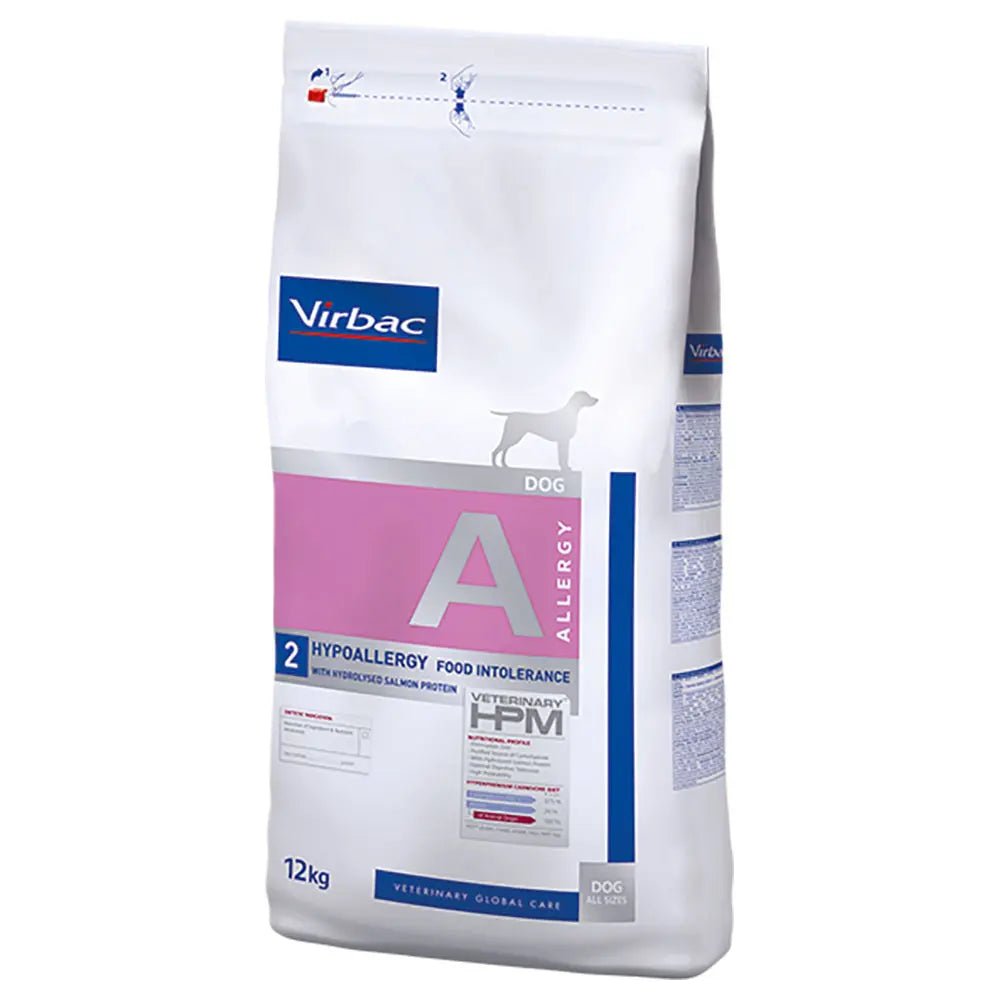Feeding habits and nutritional needs for new family members
There is little that beats the excitement and joy of bringing a puppy home for the first time. However, there are many things to think about, and if you don't have a dog before, there is a lot of new information. Some things are more important than others, and understanding the nutritional needs of your furry friend is a natural part of being a responsible dog owner. Ensuring that your puppy gets the right amount of food and a balanced diet is essential for healthy growth and development. Not least, you lay an important foundation for good eating habits and the overall health of your dog in adult life.
How often should a growing puppy be fed?
How often your puppy needs to eat depends on a number of different factors. For example , breed, age, weight and activity level will all play a role . The breeder will likely provide instructions on both the amount of meals and the frequency of feeding. In general, most puppies will need to eat more often than adult dogs, but in smaller portions. A typical feeding schedule for an 8-week-old puppy often consists of 3-4 meals, while 2 meals a day is often applicable from 6 months of age.
The amount of food - full bowl or smaller meals?
The amount of food to be served in the bowl also depends on age and weight. At the same time, it may vary depending on the type of food. As a rule, there are guidelines for portion sizes on the packaging, which apply to that particular type of food. If your puppy has unique needs, you can easily book an appointment for a consultation at A-Vet Smådyrklinikk. Here, our experienced veterinarians will give you advice and recommendations on a balanced diet that takes your puppy's specific needs into account.
Choose the right food for your new best friend
Can puppies eat the same food as adult dogs?
When choosing puppy food, it is important to choose a high-quality food that is specifically formulated to meet the needs of a growing puppy. An adult dog and a puppy have different nutritional needs, and a diet consisting of adult food will not necessarily provide the puppy with the nutrients it needs. In the worst case, this can lead to malnutrition and other health problems, so making sure the food is suitable for puppies is a must.
What type of puppy food should I choose?
There are several types to choose from when purchasing food for your furry friend. Often, the breeder will send you a little of the food your puppy is used to eating. We recommend feeding your puppy the same type of food they have eaten before until they are comfortable in their new home. There are plenty of new experiences to be had!
If you want to change puppy food , you can start by gradually changing the food after a few weeks. A good guideline is to choose a variety based on your dog's expected adult weight. Most food manufacturers also offer puppy food specifically adapted to different breeds, so that your puppy gets what it needs for a healthy and happy life. See our wide selection of vet-approved puppy food here !
Adjusting portion sizes - how do I know if my puppy is eating too much or too little?
Your puppy's body is constantly changing and developing, so you may need to adjust your puppy's diet accordingly. As an owner, you should keep an eye on your puppy's weight. If you notice that your puppy is weighing more or less than he should, you may need to adjust portion sizes or change the type of food. Overfeeding can lead to obesity, which can cause joint problems, heart disease, and other health problems. On the other hand, too little food or nutrition can hinder your puppy's growth and development.
Don't forget physical activity!
In the calculation of food and body weight, the puppy's activity level also plays an important role. Puppies are usually playful and adventurous, and it is important that there is provision for versatile and free exercise every day. Make sure to give your puppy enough stimuli and activity, preferably by taking it on walks in varied terrain. Use either a collar or harness that fits well and provides comfortable support during these walks. This helps develop coordination and learning abilities, while the puppy plays and has fun. Not least, varied activity is important for healthy growth and development, in addition to keeping weight in check. And of course, remember to bring doggie bags to pick up after the puppy and keep the surroundings clean and tidy.
Not sure how far a puppy can walk? Read our blog post about walking and training for your little one !
Summary
The right amount and type of food is essential for your puppy's well-being, development and overall health. The amount and type of food your puppy needs will vary, and it's a good idea to choose puppy food based on their breed and expected adult weight. For specific portion sizes, you can follow the guidelines that food manufacturers provide on the packaging, but don't forget to monitor your puppy's weight to make sure they're getting what they need.
If you are unsure about what kind of diet is right for your puppy, you can contact our veterinary clinic and we will help you find the right feeding plan for your furry friend.



